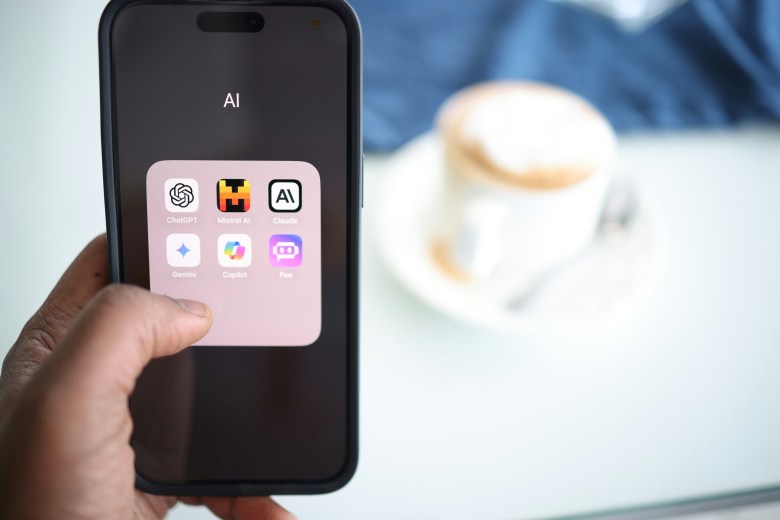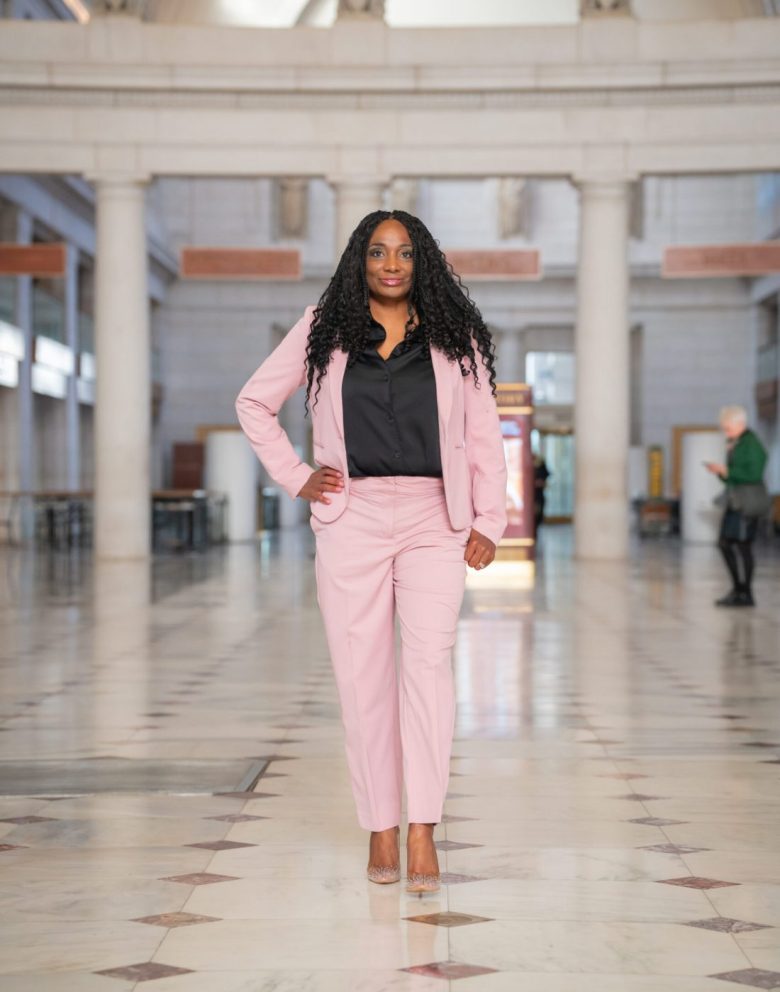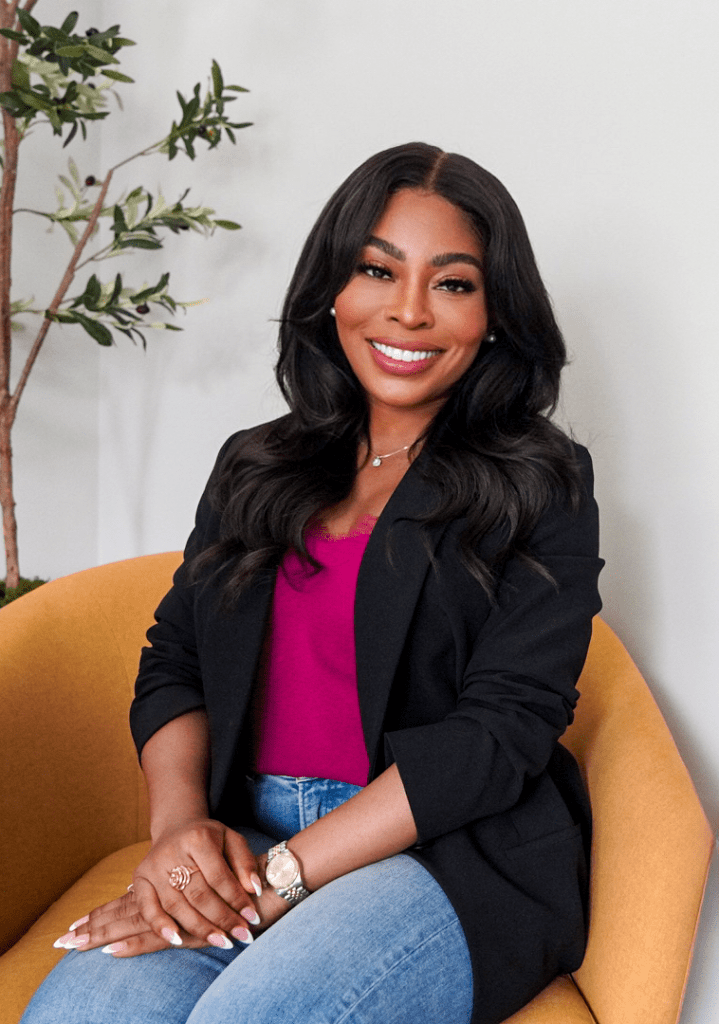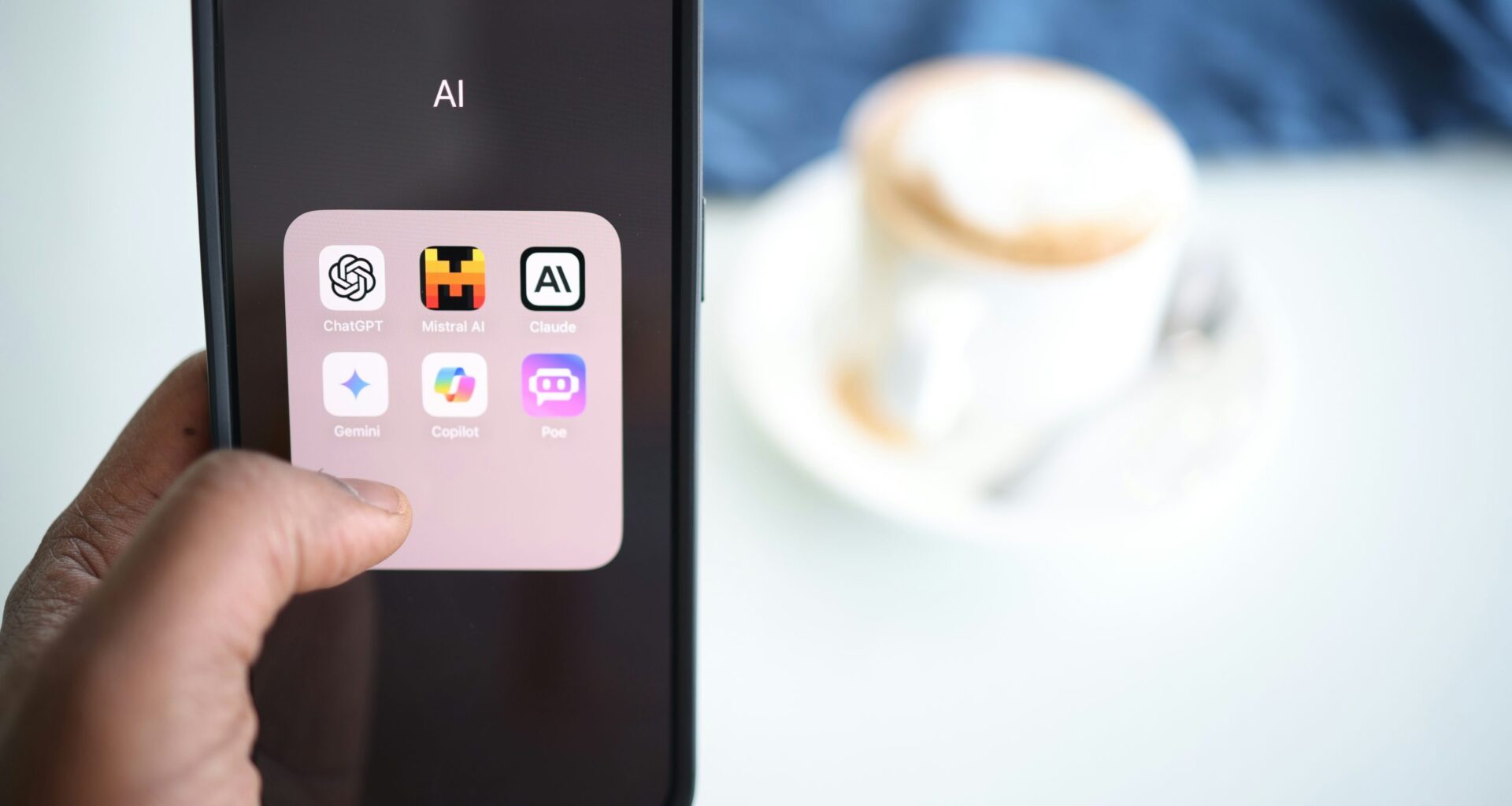 As artificial intelligence (AI) technology continues to evolve, mental health professionals and advocates see new opportunities to bridge longstanding gaps in care for Black women and girls. (Photo Credit: Unsplash/ Solen Feyissa)
As artificial intelligence (AI) technology continues to evolve, mental health professionals and advocates see new opportunities to bridge longstanding gaps in care for Black women and girls. (Photo Credit: Unsplash/ Solen Feyissa)
By Tashi McQueen
AFRO Staff Writer
tmcqueen@afro.com
Experts say the increase of artificial intelligence (AI) could offer new tools to improve mental health care for Black women and girls in the U.S. to overcome barriers such as access, affordability and cultural disconnects with providers. Black women and girls are generally not getting the mental health care they need.
“AI can help dismantle some of the barriers to obtaining mental health services,” said Nijima Smalls, an emotional wellness coach and author of “The Black Girl’s Guide to Healing.”
“Many people find it such a challenge to access mental health services in terms of finding a provider that’s a good fit for them,” added Smalls. “You have to find someone that accepts your insurance, and then you have to go through this interview process to see if it’s a cultural fit.”
 Nijima Smalls is an emotional wellness coach and author of “The Black Girl’s Guide to Healing.” (Courtesy photo)
Nijima Smalls is an emotional wellness coach and author of “The Black Girl’s Guide to Healing.” (Courtesy photo)
Smalls said this process can often be so cumbersome that people become jaded from the process and stop pursuing mental health care altogether. If appropriately implemented, AI tools could help connect people more efficiently with services and culturally competent providers.
“It’ll also help in our areas where there are many underserved Black women and girls, where case managers and social workers are overburdened, so case managers do not get burned out,” she said.
Evon Inyang, a licensed associate marriage and family therapist and founder of ForwardUs Counseling, said AI could play a key role in early intervention.
“I believe AI-powered screening tools could flag signs of depression, anxiety or emotional disconnection earlier, especially in new parents who don’t have access to therapy or feel safe speaking up,” said Inyang.
 Evon Inyang is a licensed associate marriage and family couples therapist and founder of ForwardUs Counseling. (Courtesy photo)
Evon Inyang is a licensed associate marriage and family couples therapist and founder of ForwardUs Counseling. (Courtesy photo)
According to Davidson, an assistant professor of Business Technology and Analytics at Butler University, AI can support creativity and personalized care.
“AI can train,” said Davidson. “It can be trained to learn from its inputs and, as you communicate with it, can learn things about you.”
“You can use it as a way to get creative, you can use it as a way to find diverse perspectives that you wouldn’t have necessarily thought of,” Davidson added.
Experts emphasized that AI must be designed and guided by mental health professionals and members of the Black community.
 Jessica Gaddy is a licensed clinical mental health therapist and founder of Nia Noire Therapy and Wellness. (Courtesy photo)
Jessica Gaddy is a licensed clinical mental health therapist and founder of Nia Noire Therapy and Wellness. (Courtesy photo)
“It takes human interaction to program AI in a way that makes sure people aren’t left with more trauma than they came to the table with,” said Smalls. “It has to be for us by us…free of microaggressions, free of unconscious values, free of assumptions and negative stereotypes.”
Jessica Gaddy, a licensed clinical mental health therapist and founder of Nia Noire Therapy and Wellness, stressed the need for Black professionals to get involved in this work.
“There’s a gap in the research and in the market for applications that attend specifically to our cultural needs,” said Gaddy. “We need Black researchers, physicians and providers to contribute to this body of literature, because no one else is doing it.”
“Black women find coping and strength in community,” added Gaddy. “Building an app that is centered around spirituality, community and language feels connected to who we are, instead of something so sterile and medicinal.”
Smalls urged Black women and girls to have a wellness plan in place.
“Life is going to happen,” she said. “Be prepared. Don’t wait until a crisis comes.”
